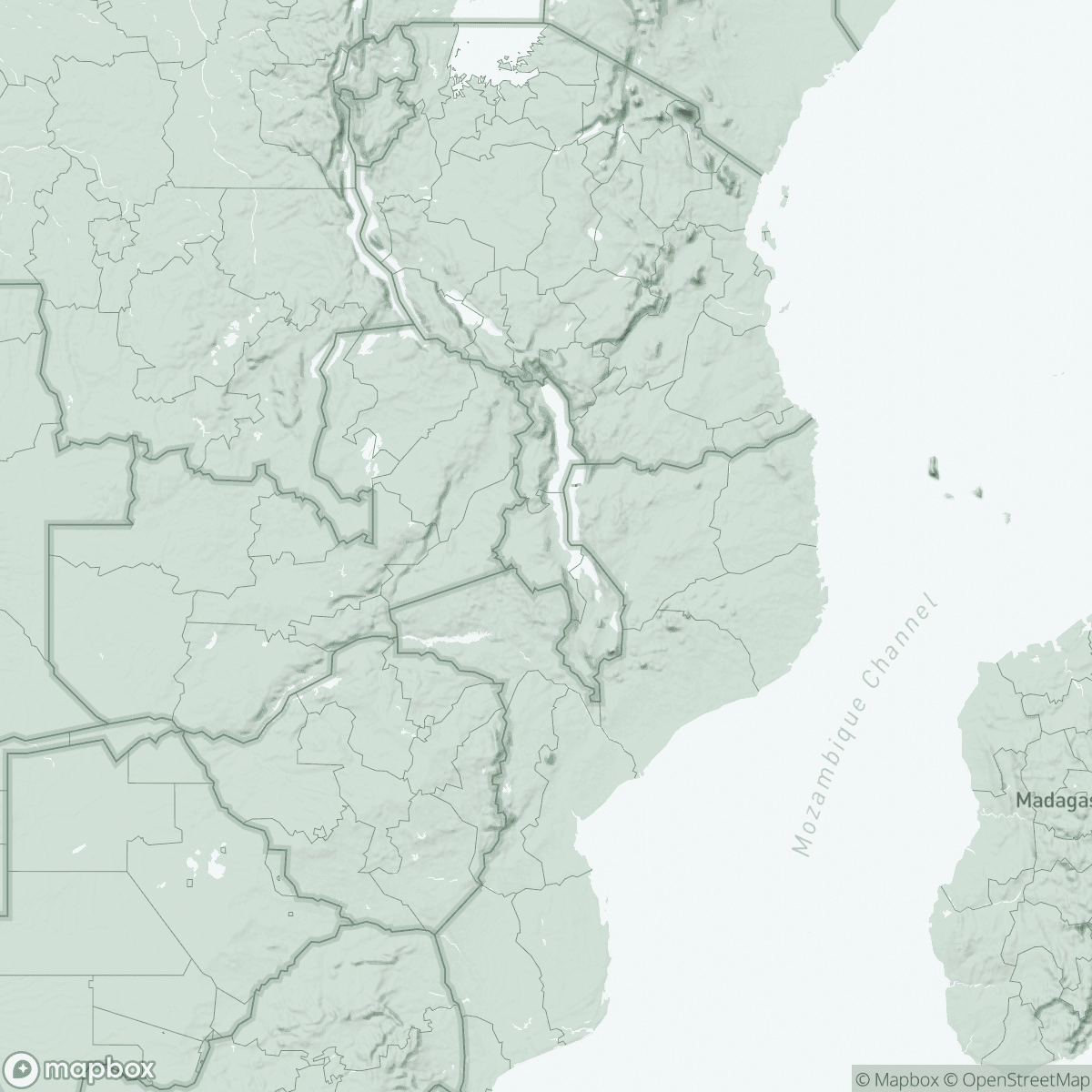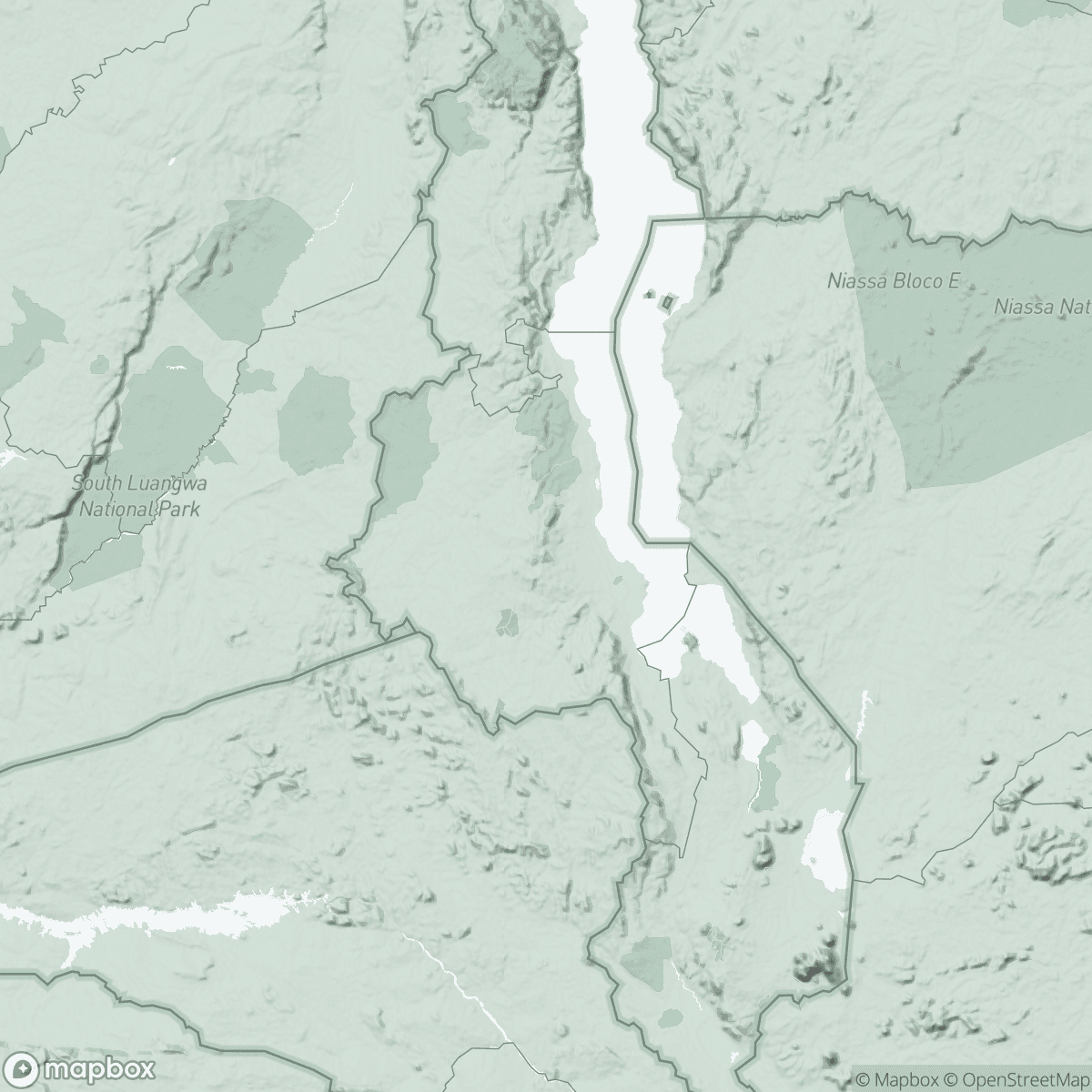
Malawi
In Malawi, Médecins Sans Frontières (MSF) runs a project to improve preventive and curative care for cervical cancer. The country has one of the highest death rates for the disease in the world.
Our activities in 2024 —
outpatient consultations
screenings for cervical cancer
individual mental health consultations
surgical interventions
In Malawi’s second-largest city, Blantyre, and the surrounding district, we have worked closely with the health authorities to implement a comprehensive programme that comprises prevention, screening, diagnosis, and treatment, as well as palliative care, for cervical cancer.
The disease accounts for almost 40 per cent of all cancers among women in Malawi, and kills over 2,000 each year.
Based in Queen Elizabeth Central hospital in Blantyre, our services include outpatient treatment for pre-cancerous and cancerous lesions, surgery, chemotherapy, and home-based palliative care for patients in the advanced stages of the disease. Patient-centred activities, such as mental health support, education sessions, physiotherapy, and social support, are also part of our programme.

Prior to 2024, we had to refer patients requiring radiotherapy to facilities in Kenya, as it was not available in Malawi. However, in March, a private radiotherapy centre opened in Blantyre, meaning that patients can now be treated closer to home. Cervical cancer screening units are integrated into 10 Ministry of Health health centres in Blantyre and Chiradzulu districts, and a mobile screening team also works in Chiradzulu.
In addition to our specialist cervical cancer programme, we work alongside two communitybased organisations run by people who engage in sex work in Dedza and Zalewa, providing close-to-home sexual and reproductive health services through mobile outreach clinics.
We provide screening and treatment for sexually transmitted infections, cervical cancer screening, contraceptives, information about preventive services for HIV, such as pre- and post-exposure prophylaxis, and mental health counselling.

